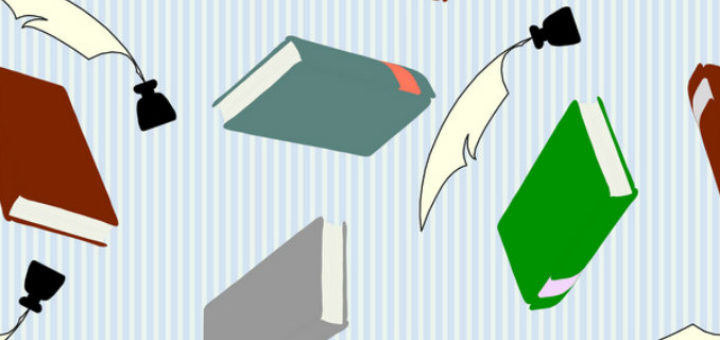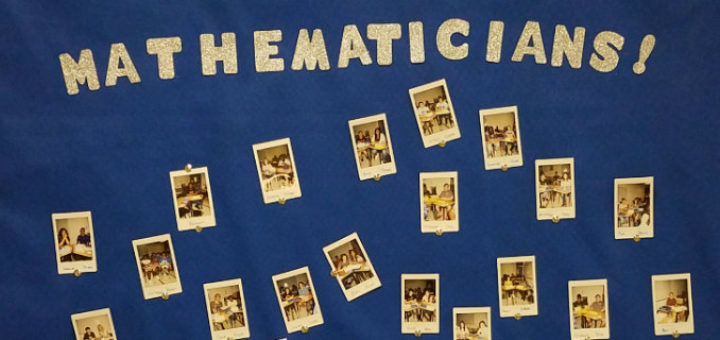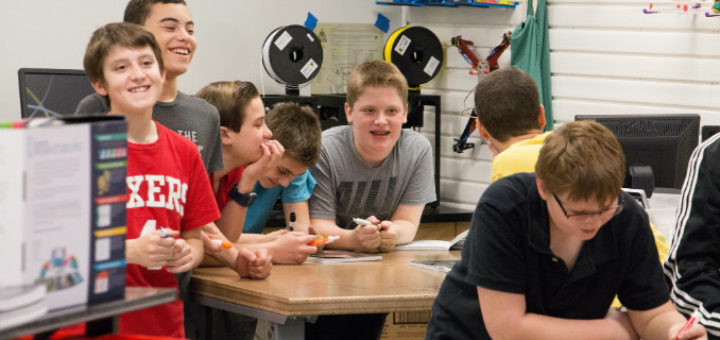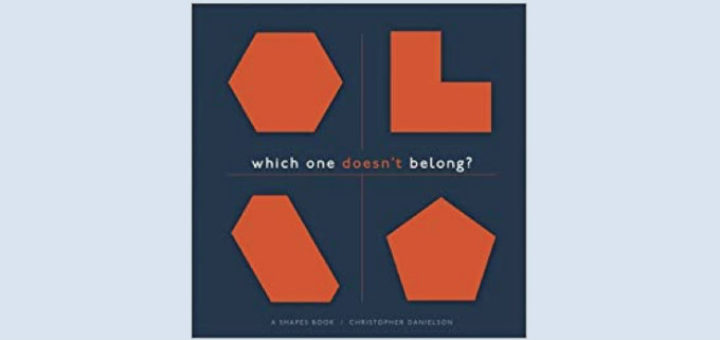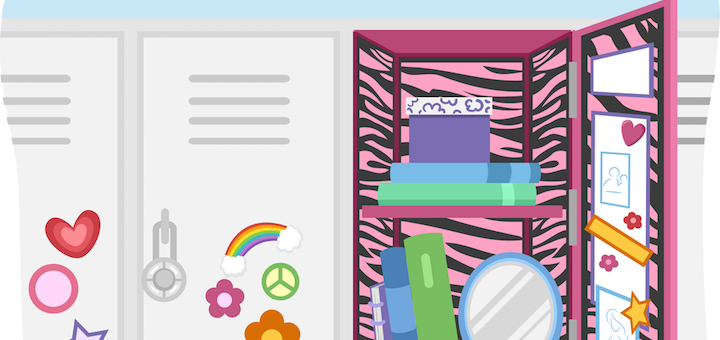Teaching and learning in grades 4-8
Marilyn Pryle’s 50 Writing Activities for Meeting Higher Standards provides educators across content areas with opportunities to teach writing in a logical, fun, and research-based way. The fully developed lessons take Writers Workshop to the next level, says Linda Biondi.
Jody Spiro provides leaders with three essential building blocks to improve school culture, instruction, and learning communities and offers case studies and videos showing how those building blocks apply to selected strategies, says teacher-leader Rebecca Berger.
In a new edition of Concept-Based Curriculum and Instruction for the Thinking Classroom, the authors show how to develop units of study with a conceptual focus, providing detailed resources to help students grow skills for future success, says educator Joanne Bell.
Michelle Russell’s first week back in math class went great. Learn how she launched her classroom communities, thanks to teachers whose activities and ideas she scouted out online. Michelle has included all the students’ favorites in case you’d like to try some yourself!
Not all educators and parents are ready to trust Artificial Intelligence, writes Amber Chandler, but to fully participate in the lives of our students and our children, we need to go where they are. Not only is AI very real to them, it’s also where the future awaits.
If you are a STEM teacher, you’ve likely made productive teamwork one of your goals. Just as likely, you’ve probably learned that simply putting kids in groups does not automatically make this happen. Anne Jolly shares a step by step process to build successful teams.
Amid the enthusiasm and anticipation that typically infuse the start of school, author Debbie Silver shares advice to help teachers plan a successful year by choosing actions that will decrease stress, build stamina, and make sure they take care of themselves first.
In Teaching Kids to Thrive, says special education teacher-coach Laura Von Staden, Debbie Silver and Dedra Stafford provide a great book, full of research and resources, that craftily ties together the theories and research on vital, overlapping SEL skills.
Each student Amy Estersohn shared the book “Which One Doesn’t Belong” with spent time lost deep in thought among the geometric images and was able to articulate a reasonable explanation for why a shape didn’t belong. The teacher’s guide can help build math discussion.
Amber Chandler introduces her rising 7th grade daughter Zoey to share “five things I wish people told me about going to middle school.” Perspective is everything, as Zoey demonstrates, with some advice she urges sixth grade teachers to share with their new students.

